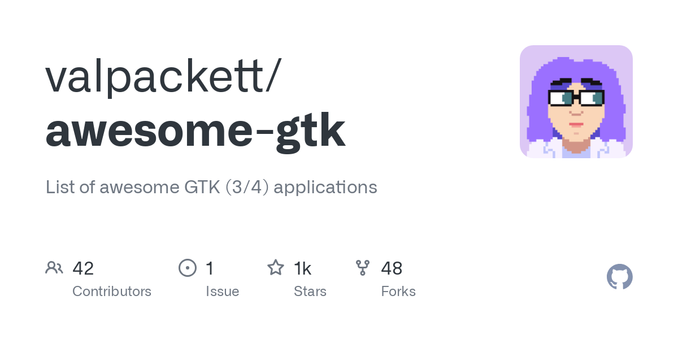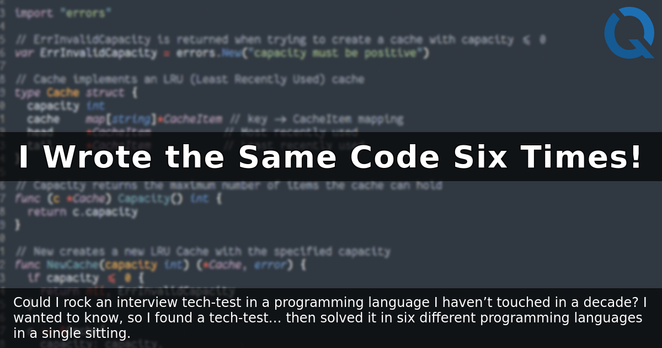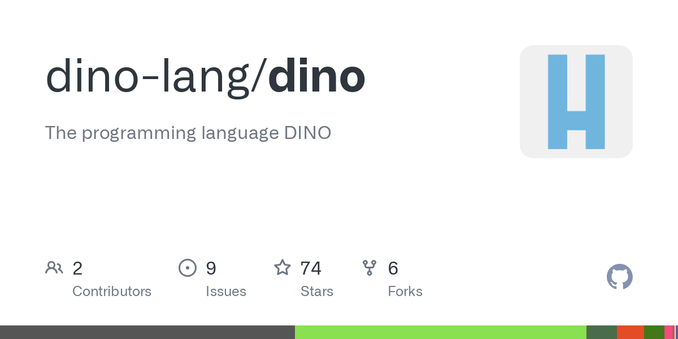I think a lot of my issues learning other languages are because I'm so used to how simple the syntax in #C is that any other #ProgrammingLanguage looks so syntactically complicated that I don't know how the fuck anyone gets anything done I literally jumped ship from #Java super early in my learning programming because I hated that every.Single.command.wasA.fucking.DotReference.withArbitrarycasingToo
And I think that's a big part of my woes with the #Rust compiler. Even if I didn't have problems with the occasionally misleading wording, it's so gods damned verbose and there's so many warnings that are literally just you doing styling things it doesn't like that I have to scroll through multiple pages. I had a error on a fucking Hello World programme that was five lines long and implied a syntax error when it was an issue with how I installed it.
If there was a Yet Another C Killer that didn't throw errors because your one-word variable isn't snake_case (this actually happened to me the time before last I tried to learn Rust and appears to have been patched since then, but the fact that this was a warning that was enabled by default with that glaring of a readability issue baffles me given how big the project is) and didn't need five lines for a basic syntax error, I'd start learning that now.
There has to be a better way than:
ERROR: we expected there to be a semicolon (this symbol: ";") at line 420, character 69
But there was none!
Hint: add a semicolon to line 420, character 69, like so:
println!(" The classic print to console to make sure the function ran...");
^ this thing right here
Could we not just have:
ERROR on 420:69, missing semicolon. Maybe you forgot one?









